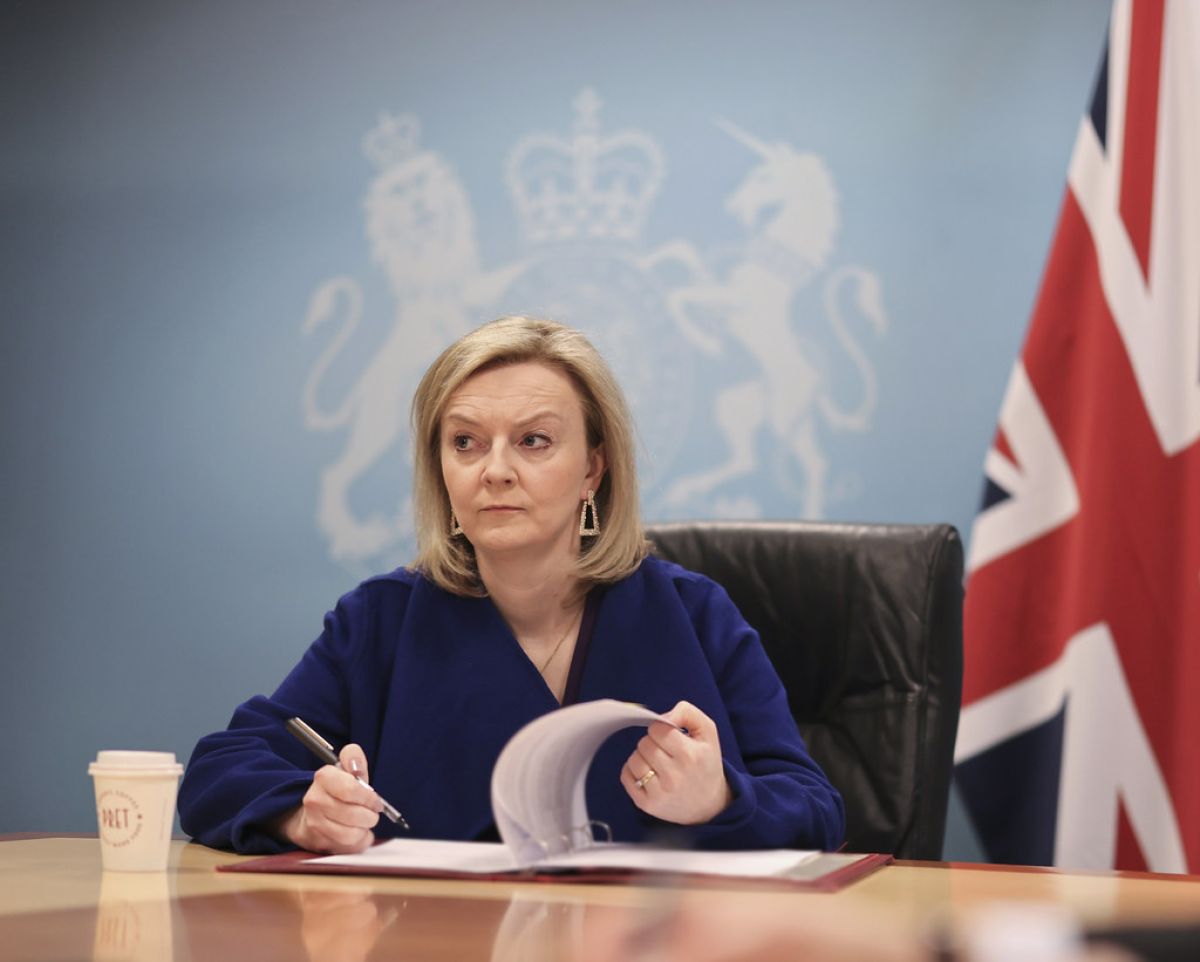Will the Conservatives’ Hubris be their downfall?
By teddymaloney

With a multitude of crises that have spawned throughout the nation, or at least finally come to the surface and thus gained widespread recognition, recent intention polling shows the governing Conservatives to be between 20-30% behind the Labour Party. Many are calling the recent U-turn on the abolition of the 45p tax rate the final blow in the series of continuous Tory premierships which started 12 years ago under David Cameron.
If this is to be the real decline of the Conservative Party, it begs the question: what has caused their downfall?
The Conservatives have not only survived but thrived in elections, despite years of ideological battle with the Labour Party. Most recently, Jeremy Corbyn MP’s social justice movement garnered widespread grassroots support and, in the run-up to the 2019 Election, many reports showed that the Labour Party was gaining in the popularity competition with the Conservatives.
Yet, they survived, and with a dominating landslide majority. If the Conservatives could comfortably dismantle the Labour Party of 2019 which offered the most opposing manifesto in decades – how is it the case that they are now facing a decline?
Issues such as the recovery from Covid-19, the cost-of-living crisis, inflation, the climate crisis, and national debt rising from 60% to 100% of GDP in the last ten years all singularly correlate to direct areas where the Tory Party has failed to implement a convincing plan paired with effective policy-making. Together, they signify a possible reason for the decline – the hubris of the current Conservative Party.
The Conservatives who came into power in 2010 under Cameron had to learn their ideology. They had time in opposition to make their message coherent and concise. There was a plan that was allowed to be enacted, albeit it was essentially ineffective when given the chance to be implemented. Cameron ran on saving and protecting the economy, primarily by reducing the deficit to GDP ratio, which was clear even if, as stated above, it has not been a successful legacy.
Theresa May MP had Brexit and Johnson had Covid. Yet both had Corbyn’s opposition, who triggered the highly effective ‘Conservative Election Machine’ to force the Government to have an agenda, given the highly succinct nature of Corbyn’s ideals and plan of action. Even if Johnson politically existed as a reactionary populist, he evidently understood what was necessary in election politics to win mass support.
Then Corbyn was replaced by Sir Keir Starmer MP as the leader of the Labour Party. This is the most important event in the possible decline of this historical bloc of Conservativism. Starmer has almost refrained altogether from being an opposition. Although he may view it differently, Starmer has essentially labelled the Labour Party as the competent party, which through inference appears as if he is stating that he can effectively carry out the continuation of Conservative policy. As it seems the Conservatives cannot govern anymore, at least not with popular support, such a claim of continuation may be appealing.
My claim that the Labour Party offers a continuation of the Conservatives may appear reaching, yet Home Secretary Suella Braverman MP made abhorrent, human rights-violating comments in a recent interview at the Conservative Party Conference. In response, Rachel Reeves MP, the Shadow Chancellor, stated the Tory Party’s inability to deport asylum seekers rapidly showed “12 years of Tory failure”, with the claim that the Labour Party would be able to process and enact such a policy with more rigour and effectiveness.
That’s hardly an opposition.
That’s hardly a Labour Party dedicated to social justice, or human rights.
Truss has engaged in an ideological onslaught with the backing of fellow neoliberalist Kwasi Kwarteng MP as Chancellor of the Exchequer. Yet, Truss is yet to partake in a national election as Prime Minister, so her ideas have not yet been tested on a national scale.
The mini-budget was met with widespread hysteria as the market and the pound crashed mere moments after its announcement. Yet, such a move is only possible due to the fact that Labour under Starmer does not offer a coherent opposition to the movement. Truss deems it genuinely acceptable to offer tax cuts to the richest in the nation, with a fundamental belief in the already disproven trickle-down economics during a cost of living crisis. This is the perfect example of Conservative hubris becoming excessive – due to a lack of opposition, Conservatives believe, that they can act without repercussions.
They may be right about this, because what other option is there? Capitalism has won in their minds, and growing inequality is a necessary by-product of sustained growth. Here Truss has made her gravest mistake. By grouping everyone opposed to her agenda as the “Anti-Growth Alliance”, she has separated her vision for the Conservative Party from all other political and social groups present in the British Parliamentary field. This has created the necessary conditions for an opposition.
The Conservative Party has gone too long without an effective opposition so has confused itself into believing it had created the solid foundations for political hegemony. Now, through inadequate policies which fail to tackle the desperate socio-economic conditions in Britain, the Conservatives may have signed their own death wish.
However, history has shown, and there is no better example of this than in 2019, that the Conservatives thrive in general elections. With this in mind, is this really the beginning of the end of more than a decade of Tory leadership, or a mere necessary blip to remind even themselves of their own limitations?







